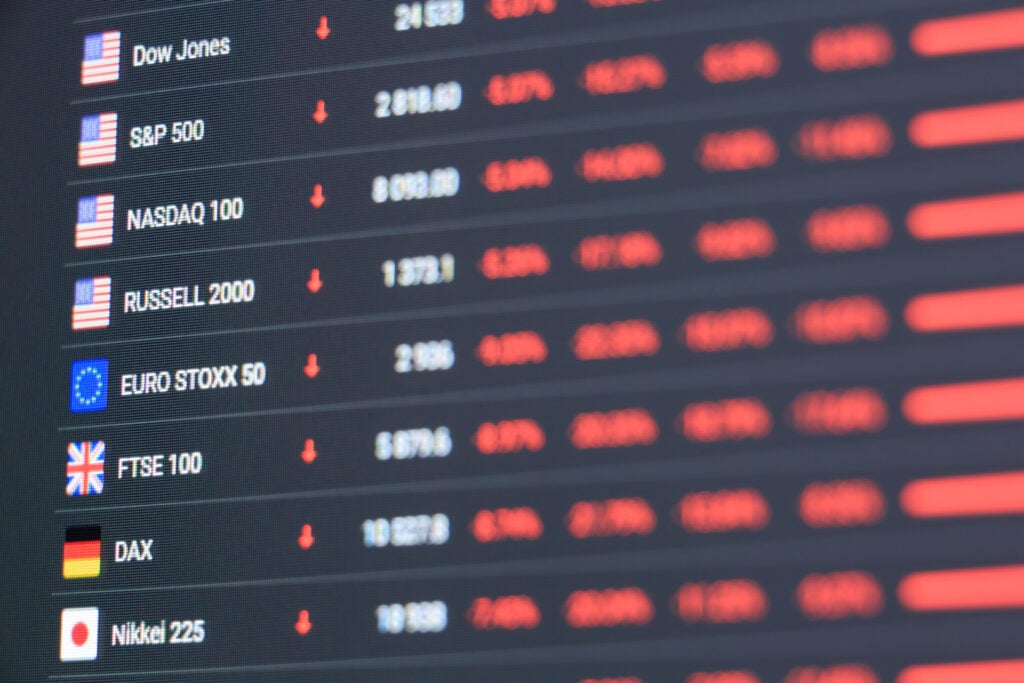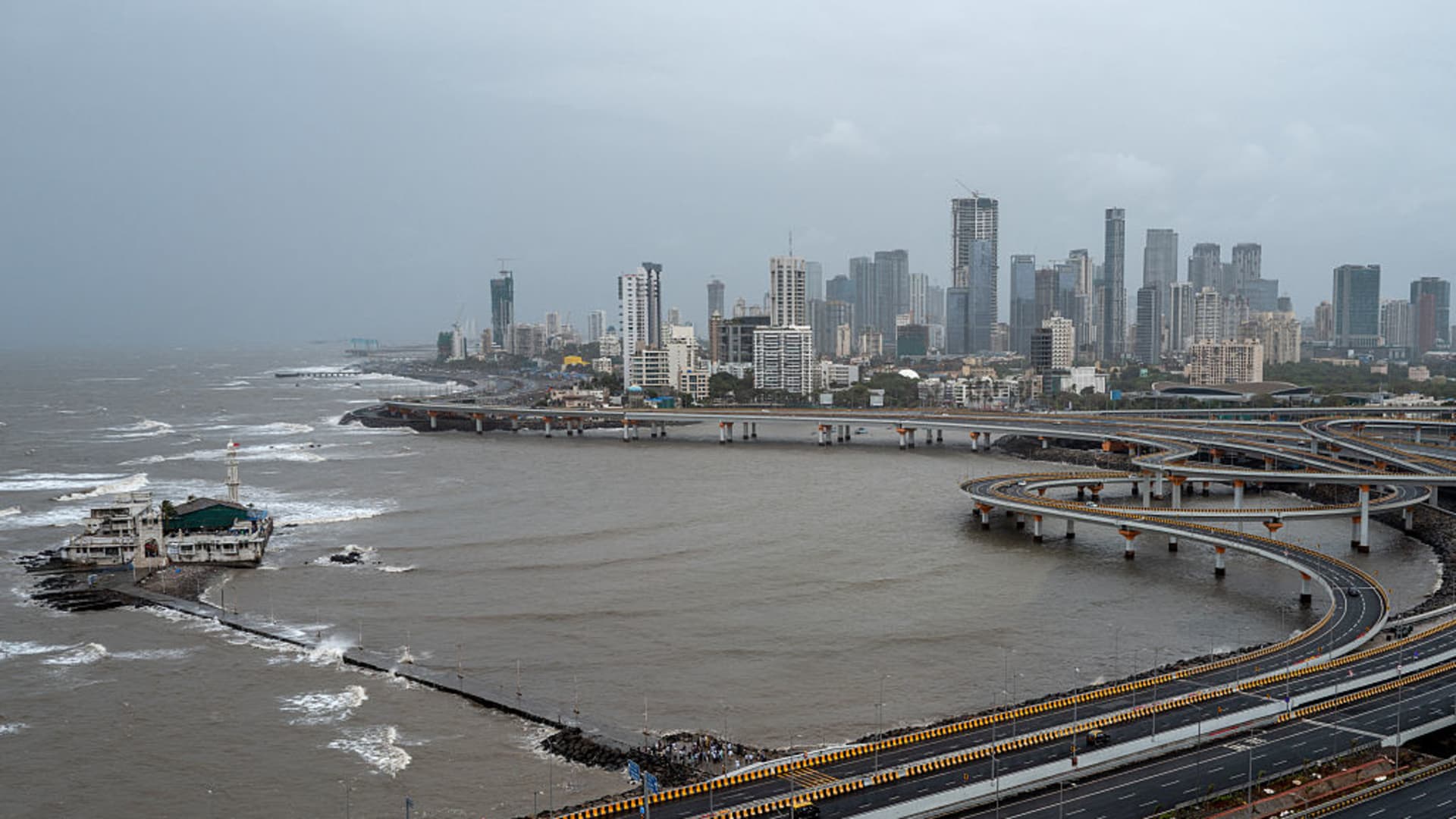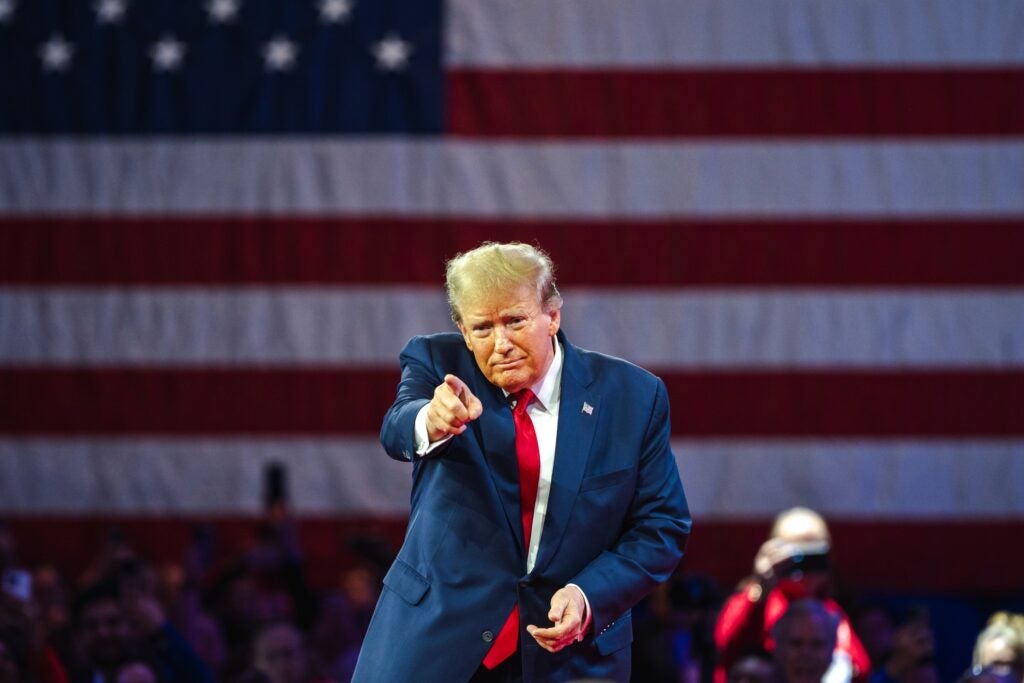Global Markets in Flux: Asia and Europe React to Pipeline Attack and Rising Oil Prices
As the sun dips below the horizon on Wall Street, the ripples of geopolitical unrest continue to reverberate through global markets. The recent attack on a critical oil pipeline has sent oil prices soaring, prompting varied reactions from investors in Asia and Europe. With geopolitical tensions on the rise, navigating these uncertain waters has become a challenge for many. This article will delve into the implications of the pipeline attack, explore the resulting fluctuations in oil prices, and examine how markets across Asia and Europe are responding.
The Pipeline Attack: An Overview
The sudden and unexpected attack on the pipeline, which transports oil from a major producer to key distribution points, has raised alarm bells across the globe. Initial reports suggest that the incident was the result of coordinated actions by a group seeking to disrupt energy supplies, a move that has clearly rattled investors’ confidence.
Pipeline attacks are not new, especially in regions where geopolitical tensions have long simmered. However, the timing of this particular event coincides with a period of already heightened tensions, making its impact even more pronounced. As a result, oil prices surged, with Brent crude topping $100 a barrel, marking a significant increase from previous weeks.
Rising Oil Prices: The Economic Ramifications
With oil prices climbing, the implications for both consumers and businesses are profound. Higher oil prices can lead to increased costs for transportation and goods, ultimately squeezing consumers’ wallets and stalling economic growth. Here are some key factors to consider:
- Inflationary Pressures: Rising oil prices often translate to higher transportation costs, which can contribute to broader inflationary pressures. This can lead central banks to reassess their monetary policies, potentially increasing interest rates to combat inflation.
- Impact on Energy-Dependent Industries: Industries such as airlines, logistics, and manufacturing, which rely heavily on oil, may see their profit margins shrink. Increased operational costs may force these companies to pass on expenses to consumers, further fuelling inflation.
- Investment Shifts: As oil prices rise, investors may seek to shift their portfolios. Energy stocks may see a surge, while sectors sensitive to oil prices—such as travel and leisure—might experience declines.
Asia’s Market Response
In Asia, the reaction to the pipeline attack has been mixed, with different markets displaying varied levels of resilience. Major stock indices have fluctuated, reflecting investor sentiment that is caught between the fear of rising oil prices and the potential for economic growth.
For instance, Japan’s Nikkei 225 index showed initial signs of decline before rallying as investors considered the potential for a weaker yen, which could make Japanese exports more competitive. Conversely, markets in Southeast Asia have been more directly impacted by rising fuel costs, given their reliance on oil imports.
Investor Sentiment in Asia
In the wake of the pipeline attack, investor sentiment in Asia has been cautious. Here are some notable trends:
- Increased Volatility: Stock markets are experiencing increased volatility as investors weigh the implications of sustained high oil prices against potential economic growth.
- Sector Rotations: Investors are rotating out of consumer discretionary stocks into energy and utility sectors as they seek to hedge against rising oil prices.
- Currency Fluctuations: The attack has led to fluctuations in Asian currencies, with some nations benefiting from a weaker currency due to their oil-exporting status, while others suffer from increased import costs.
Europe’s Economic Landscape
Across the Atlantic, Europe is also grappling with the fallout from the pipeline attack and the subsequent rise in oil prices. The European economy, already reeling from the effects of the pandemic and supply chain disruptions, finds itself at yet another crossroads.
The European Union has been working to diversify its energy sources and reduce dependency on oil and gas imports. However, the immediate spike in oil prices challenges these efforts, as member states brace for the economic impact.
Key Factors Affecting Europe
- Energy Security: The attack has reignited discussions around energy security in Europe, prompting calls for accelerated investments in renewable energy sources and alternative supplies.
- Inflation and Consumer Confidence: Higher oil prices contribute to inflation, which can erode consumer confidence. European Central Bank policymakers are closely monitoring these developments to calibrate their response.
- Stock Market Reactions: European markets have seen fluctuations, with energy stocks gaining traction while other sectors such as travel and tourism face downward pressure.
The Road Ahead: Navigating Uncertainty
As investors in both Asia and Europe navigate this uncertain landscape, several factors will play critical roles in shaping market responses:
- Geopolitical Developments: Ongoing geopolitical tensions will continue to influence market sentiment. Investors will be keenly attuned to any developments that could either escalate or de-escalate tensions in the region.
- Central Bank Policies: How central banks respond to rising inflation and economic pressures will be pivotal. Interest rate adjustments could either cushion the blow of rising costs or stifle growth.
- Long-term Energy Strategies: The attack may serve as a wake-up call for governments to expedite their transition to renewable energy sources, potentially reshaping the energy landscape for years to come.
Conclusion
In summary, the pipeline attack and subsequent rise in oil prices have thrown global markets into flux, prompting varied reactions from investors in Asia and Europe. As countries grapple with the immediate economic ramifications and the longer-term implications for energy security, the path forward remains uncertain. However, amid this uncertainty, there lies an opportunity for innovation and transformation in energy strategies, potentially leading to a more resilient global economy.
As we watch these developments unfold, it is clear that global markets will continue to react dynamically to geopolitical events. Investors must remain vigilant, informed, and adaptable to navigate the complexities of an ever-evolving financial landscape.
See more CCTV News Daily



